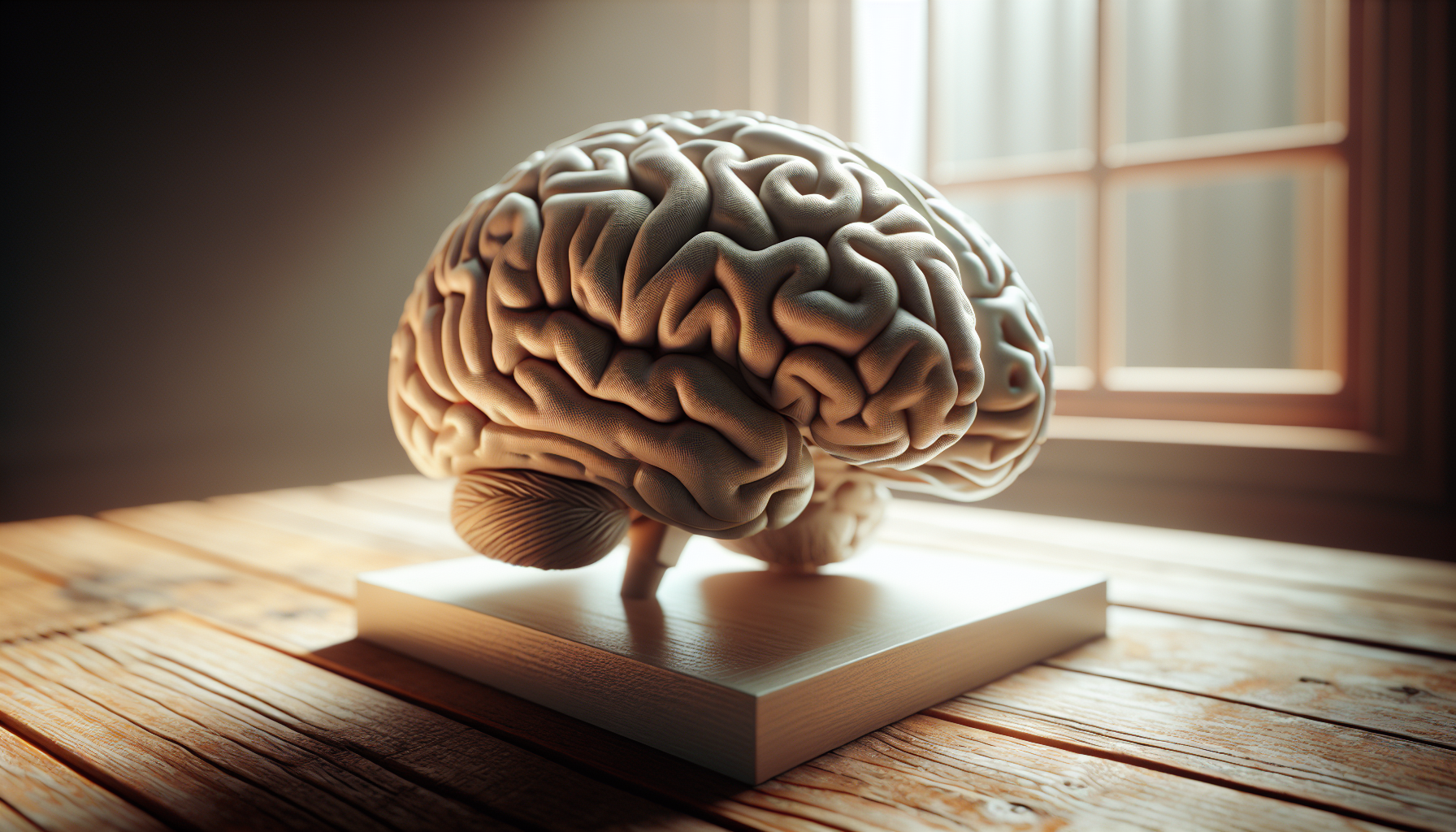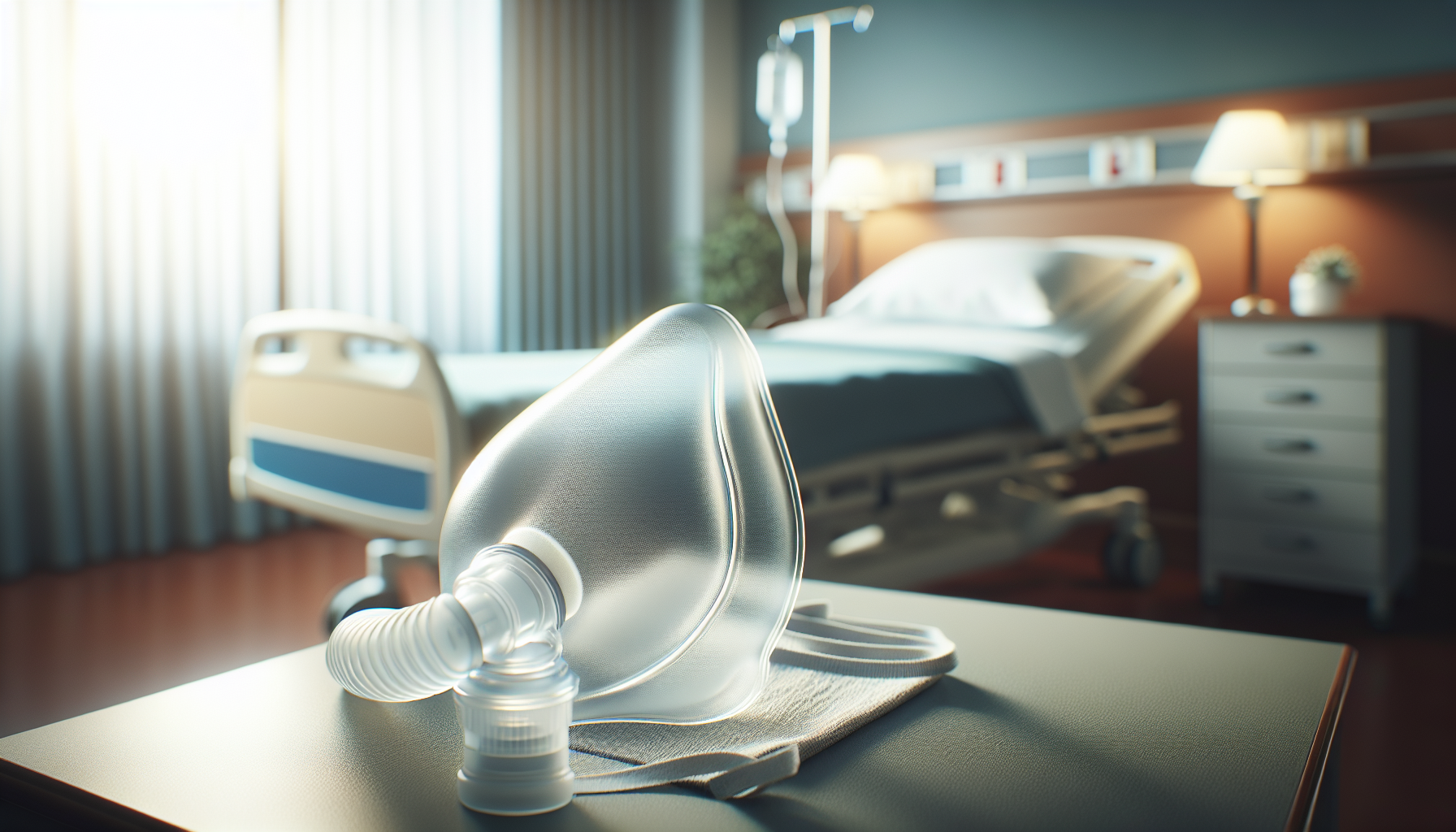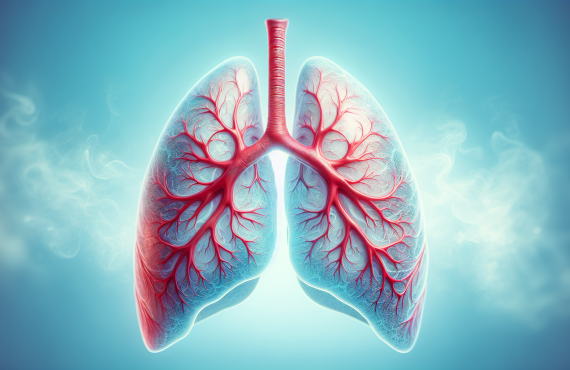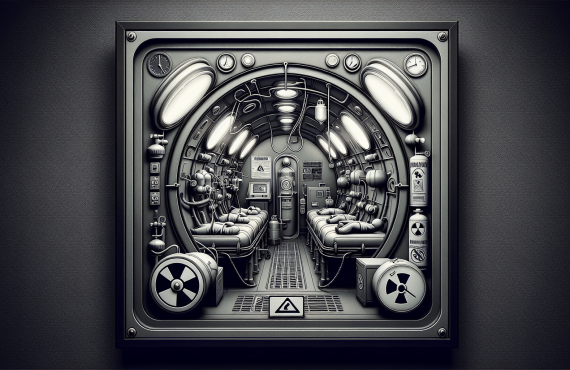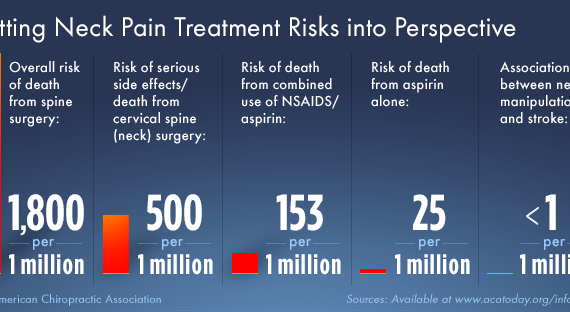Have you ever paused to wonder about the invisible life force that keeps your body running smoothly every day? Oxygen is something you don’t think about until you can’t get enough of it. It’s much like the way we typically don’t think much about our breathing—that is, until we’re breathless. When oxygen levels drop in your body, it can have quite the dramatic impact. Let’s look at what you should watch out for when it comes to recognizing the signs of oxygen deficiency.
Table of Contents
Understanding Oxygen Deficiency
Most of the time, we breathe without giving it a second thought. The body’s demand for oxygen is so routinely met, it goes unnoticed—until it doesn’t. When your body doesn’t get enough oxygen, it can lead to a condition known as hypoxia. You might think of oxygen as just another component of the air, much like nitrogen or carbon dioxide, but make no mistake—oxygen is the protagonist in the life story of your metabolism and energy production.
What Causes Oxygen Deficiency?
Let’s break it down. Oxygen deficiency can occur due to various factors. It’s a bit like trying to run a marathon with socks on ice; several things can contribute to slipping up. Here are a few common causes:
-
High Altitudes: At higher altitudes, there’s less oxygen in the air, which means your lungs take in less oxygen with each breath. Think of it as a sparse buffet where you just can’t pile up your plate no matter how hard you try.
-
Lung Diseases: Conditions like asthma, pneumonia, and chronic obstructive pulmonary disease (COPD) impair the lungs’ ability to intake and utilize oxygen effectively. It’s like trying to squeeze a letter through a clogged-up postal slot.
-
Anemia: If your blood lacks enough healthy red blood cells, transporting oxygen becomes difficult. Imagine a poorly staffed delivery service racing against the clock but without enough drivers.
-
Poisoning: Carbon monoxide poisoning is an insidious thief; it binds to your hemoglobin with a tenacity that’s hard to shake off, preventing oxygen from getting through. It’s like a guest who overstays their welcome and blocks others from entering.
Why Is Oxygen Important?
Before you fret about every yawn or moment of lightheadedness, it’s essential to understand what makes oxygen so vital. Oxygen fuels the cellular respiration that drives energy production. Without sufficient oxygen, your body is like a smartphone on the verge of dying—slow, unresponsive, and desperately needing a recharge.
Oxygen also supports brain function, maintains cellular health, and aids in the body’s repair processes. In essence, if life is a concert, oxygen is the lead singer, bringing harmony and melody to every performance.

Identifying the Warning Signs
So, how do you know if you’re running low on life’s most essential supply? The body is surprisingly vocal when it’s gasping for air but not always in ways that are immediately clear.
Physical Symptoms
Unlike the common cold, oxygen deficiency is not always obvious with a single telltale symptom. Instead, it manifests through various signs, much like a jigsaw puzzle that paints a more worrying picture as the pieces come together. Look out for:
-
Shortness of Breath: A little panting after climbing a few flights of stairs might be normal, but gasping for air during routine activities is a red flag.
-
Rapid Heart Rate: When oxygen levels dip, your heart kicks into overdrive, striving to distribute more oxygen-rich blood throughout the body.
-
Cyanosis: This is a fancy word for when your lips, fingertips, or skin take on a bluish tinge. It’s the body waving a blue flag, signaling for help.
-
Headache: Oxygen deficiency can lead to headaches, akin to the dull throb you sometimes get from dehydration.
-
Lightheadedness: Feeling dizzy or faint can be the body’s way of saying, “Get me oxygen, and make it snappy!”
Cognitive Signs
The brain is one of the biggest consumers of oxygen, so when there’s a deficiency, its functionality takes a hit.
-
Confusion: It’s like your brain’s GPS has lost signal, making it hard to focus or think clearly.
-
Restlessness: You may feel a nagging discomfort that makes relaxation seem impossible.
-
Lethargy: This isn’t just the afternoon slump; it’s an overwhelming fatigue that suggests something is amiss.
Emotional Indicators
Surprisingly, mood changes can sometimes be attributed to oxygen deficiency. If you’re feeling unusually anxious, depressed, or irritable, it might be your body signaling that oxygen levels are not where they ought to be.

Preventive Measures and Treatments
Recognizing the signs of oxygen deficiency is only half the battle. Like switching on a lamp in a dark room, awareness needs to be followed by action.
Seeking Medical Help
If you’re experiencing symptoms, consult a healthcare provider promptly. Sometimes, it’s better to have a false alarm than to ignore a potentially serious condition. They can conduct tests like pulse oximetry to check oxygen levels or arterial blood gases for a more in-depth analysis.
Lifestyle Adjustments
Some lifestyle changes can make a world of difference:
-
Quit Smoking: This is your cue to stub out that habit. Smoking poisons your lungs, limiting their capacity to function optimally.
-
Exercise Regularly: Cardio exercises, like jogging or swimming, enhance lung efficiency, giving your body a boost in oxygen absorption.
-
Healthy Diet: Iron-rich foods can mitigate anemia, aiding oxygen transportation. Think of it as stocking up on premium fuel for your body.
Hyperbaric Therapy
Have you considered Hyperbaric Therapy? It’s like treating your body to a spa day, but instead of face masks and massages, you’re breathing pure oxygen in a pressurized chamber. Hyperbaric oxygen therapy (HBOT) boosts oxygen levels in your blood and tissues, promoting healing and immune function.
How Hyperbaric Therapy Works
Think of it like this: you’re submerging yourself into an oxygen-rich environment, akin to diving into a pool, except instead of water, you’re swimming in oxygen. The increased pressure enables your lungs to gather more oxygen than they would under normal conditions.
This treatment accelerates natural healing and can benefit those with conditions like chronic wounds or infections where tissue needs extra oxygen to repair more effectively.
For more information on how Hyperbaric Therapy could benefit you, why not contact Henry Chiropractic?
FAQs about Oxygen Deficiency
To round off, let’s answer a few common questions that might be lingering on your mind.
1. Can stress contribute to oxygen deficiency?
Yes, stress can affect your breathing patterns, making them shallow and less efficient, which can reduce oxygen intake over time.
2. Is there a way to measure my oxygen levels at home?
Absolutely. Pulse oximeters, those small clips that attach to your finger, are a handy device for keeping tabs on your oxygen saturation levels.
3. Can lack of sleep affect oxygen levels?
Poor sleep can indeed affect your breathing efficiency, potentially leading to reduced oxygen intake during the night.
4. What’s an effective immediate solution for sudden breathlessness?
If you find yourself short of breath, try slow and deep breathing exercises to help increase the oxygen intake. Always seek medical attention if the issue persists.
5. How does diet affect oxygen levels?
Eating a balanced, nutrient-rich diet supports overall health and can aid with oxygen transportation through healthy red blood cells.
Sometimes life throws curveballs, but by being attuned to what your body is telling you, you have a better chance of catching them. Be alert to the warning signs of oxygen deficiency and take proactive steps to ensure your body remains the well-oiled machine it was designed to be.
If you need more personalized advice, you might consider visiting:
Henry Chiropractic
1823 N 9th Ave
Pensacola, FL 32503
(850) 435-7777
Dr. Craig Henry
Dr. Craig Henry and Dr. Aaron Hixon are available to help you build a healthier lifestyle. Whether it’s through advice on proper breathing techniques, diet plans, or introducing you to Hyperbaric Therapy, they’re there to lend a hand, or rather, an oxygen mask.









